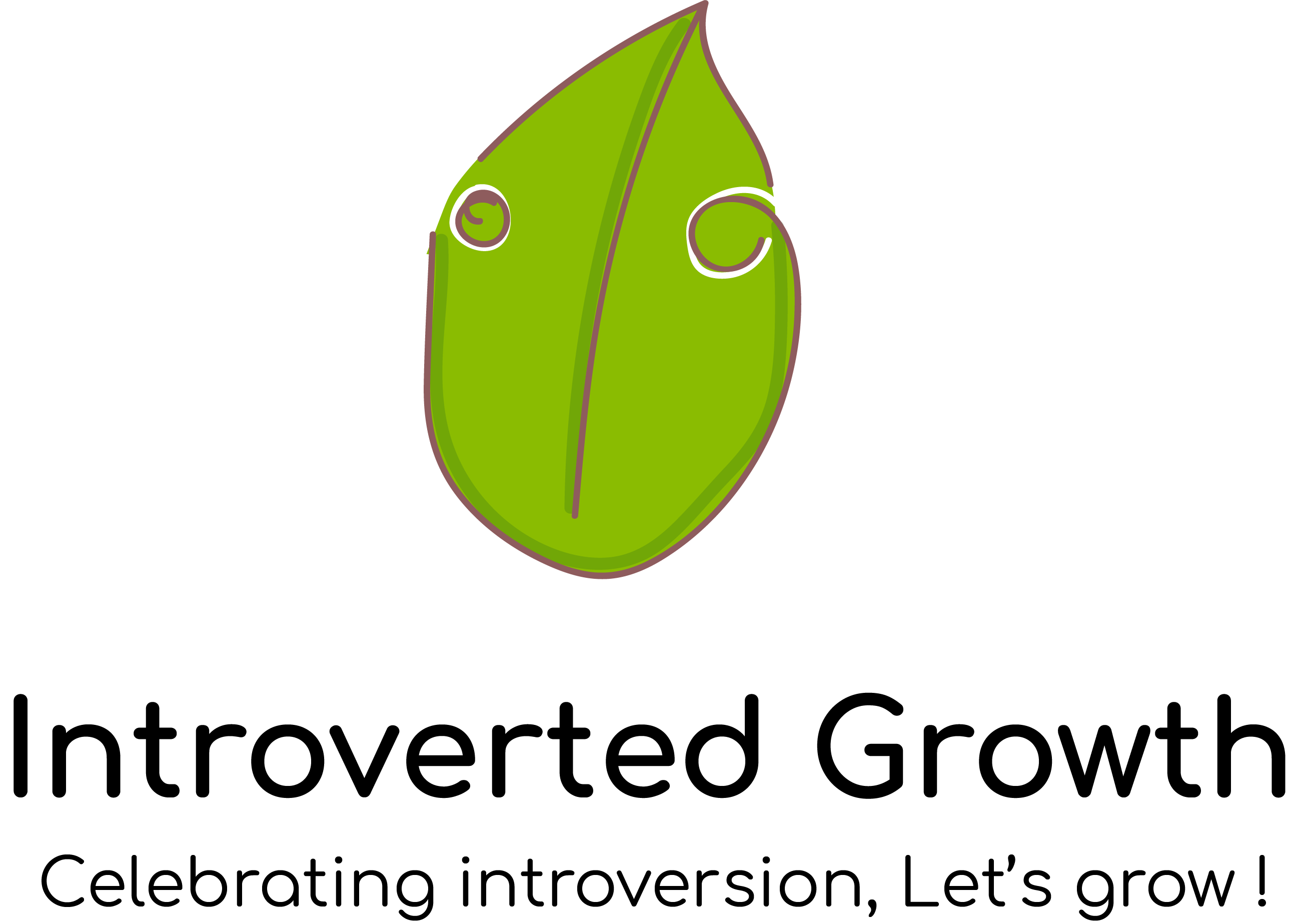Have you ever dated an ESTJ girlfriend? If so, you may have found that they can be strong-willed and decisive, with a take-charge attitude in many areas of their life. While these traits can be beneficial in some situations, they can also lead to challenges in a romantic relationship.
In this article, we will explore the characteristics of an ESTJ girlfriend and how to understand and navigate a relationship with them. By the end of this article, you will have a better understanding of your ESTJ girlfriend and how to make your relationship healthy and fulfilling for both of you.
Understanding ESTJ Personality Type
Traits of ESTJ Personality Type
ESTJ stands for Extraverted, Sensing, Thinking, and Judging. This personality type is known for being hard-working, practical, and driven. They place high importance on upholding their values, and they value facts more than emotions. ESTJs are orderly, organized, strong-willed, loyal, sociable, and they like to keep traditions. They tend to have very structured lives and organized homes.
ESTJs are dependable, responsible, and opinionated. They appreciate routine and family traditions and want stability and security in their home life. They are practical and realistic, and they value efficiency and productivity. ESTJs are dedicated people, and they put a lot of effort into all that they strive to achieve.
As with all personality types, ESTJs have both strengths and weaknesses. ESTJ’s strengths include being dependable, hard-working, and self-confident. ESTJ weaknesses include seeming insensitive and inflexible, and they often have trouble expressing feelings. They can be blunt and direct in their communication, which can sometimes come off as harsh or abrasive.
Getting to Know Your ESTJ Girlfriend
Communication with ESTJ Girlfriend
Your ESTJ girlfriend is a direct communicator who values honesty and efficiency. She appreciates clear and concise language, and prefers to avoid vagueness or ambiguity. When communicating with her, it is important to be straightforward and to the point. Avoid beating around the bush or using flowery language.
It is also important to be respectful and professional in your communication with her. ESTJs value professionalism and may find it disrespectful if you are too casual or informal in your language and tone. This doesn’t mean you have to be stiff or formal, but it’s important to be mindful of your language and tone.
Understanding ESTJ Girlfriend’s Needs
ESTJ girlfriends value stability, security, and tradition in their relationships. They appreciate partners who are dependable, responsible, and committed. They also value routine and structure in their lives and relationships.
It’s important to be reliable and consistent in your interactions with your ESTJ girlfriend. Follow through on your commitments and be dependable. ESTJs appreciate partners who are supportive and who share their values and goals. They also value partners who are willing to work hard and contribute to the relationship.
ESTJs may also be domineering and may want to dictate schedules and procedures for the people around them. It’s important to be respectful of your ESTJ girlfriend’s need for structure and routine, but also to set boundaries and communicate your own needs and preferences.
And because understanding your ESTJ girlfriend is key to having a healthy relationship with her. Here are some more tips to help you understand her better:
- Respect her need for structure and routine. ESTJs appreciate order and predictability in their lives, so try to be consistent and reliable in your interactions with her.
- Be direct and honest in your communication. ESTJs value clarity and efficiency, so avoid beating around the bush or being vague in your conversations with her.
- Recognize her strengths and appreciate them. ESTJs are hard-working and dependable, so show her that you value these qualities in her.
- Be patient with her weaknesses. ESTJs can sometimes come off as insensitive or inflexible, but remember that these traits are a part of who she is. Try to understand where she’s coming from and work together to find a solution.
- Accept her need for control. ESTJs like to be in charge and take charge of situations, so try to respect her need for control while also asserting your own needs and boundaries.
Overall, dating an ESTJ girlfriend can be a rewarding and fulfilling experience. By understanding her communication style and needs, you can build a healthy and strong relationship based on mutual respect and support.


